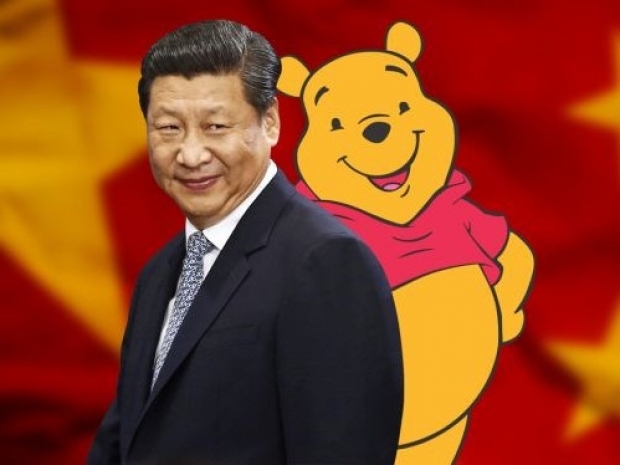The Commerce Department says it will significantly constrict exports of artificial intelligence chips, making it more challenging for US companies like Nvidia and Intel to sell products in China -- or to introduce new chips to circumvent the rules.
The move aims to close perceived loopholes in export controls announced a year ago, which themselves had faced strong opposition from the global semiconductor industry and escalated tensions with Beijing.
Commerce Secretary Gina Raimondo said the goal was to limit China's "access to advanced semiconductors that could fuel breakthroughs in artificial intelligence and sophisticated computers."
The chips are critical to Chinese military applications. The updated rules significantly expand the US government's authority to determine what products US companies can and can't sell in the name of national security. Shipments of high-end AI chips, including those developed by Nvidia and Intel for the Chinese market, are banned without a license. And "grey zone" chips just below those thresholds will now require notification to the government, which can then deny their sales.
However, it seems that the Chinese are less concerned about the moves. Baidu's founder, Robin Li declared his company's large language model has finally caught up with OpenAI's advanced GPT-4, claiming the lead in his country's race to develop AI that can rival the US.
The billionaire took the stage in Beijing to run Ernie 4.0 through a Q&A designed to showcase its ability to provide answers and solve complicated puzzles on the fly.
Ernie has matched OpenAI in terms of sophistication and general capabilities. The marquee Ernie chatbot has now surpassed 45 million users -- a milestone that still lags behind ChatGPT's estimated 180 million, though the US bot launched months earlier. China's search leader, often called a homegrown equivalent to Google, is pinning its hopes on AI to help it surpass rivals from Alibaba to Tencent that control the rest of the internet.
Baidu is leading a wave of aggressive investment across China after ChatGPT demonstrated the disruptive potential of generative AI -- which can craft video and content from simple commands. It's regarded as a leader in a race with local big tech firms and scores of startups to create a next-generation platform for the world's biggest internet market.
They're trying to compete with American names from Microsoft to Google to create services like ChatGPT and Dall-E, but US sanctions on Chinese access to the most advanced chips to train and run AI models, coupled with Beijing's stringent censorship, could cloud their prospects.

